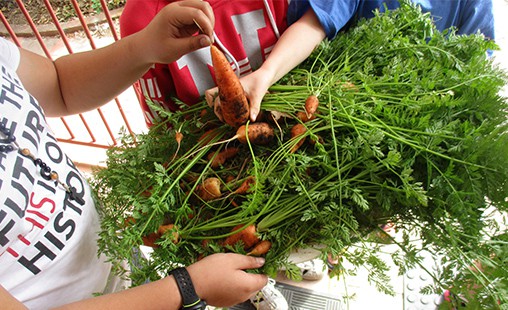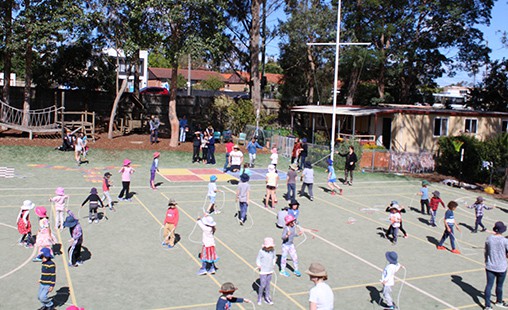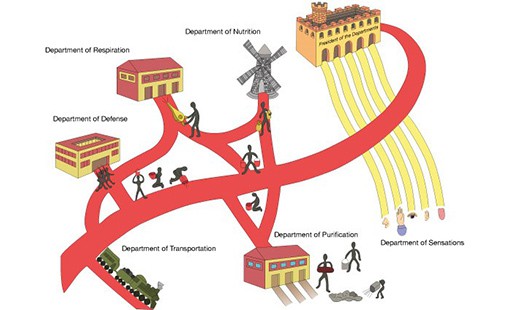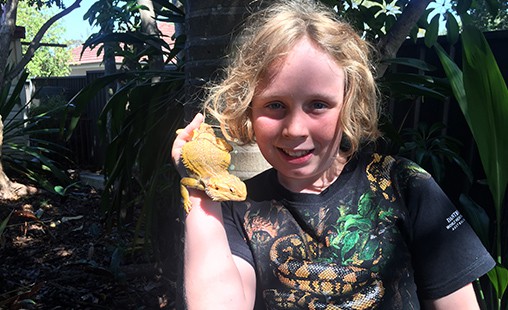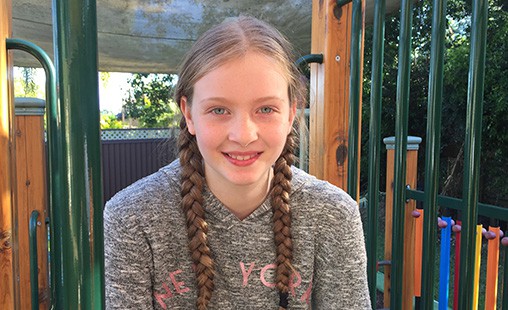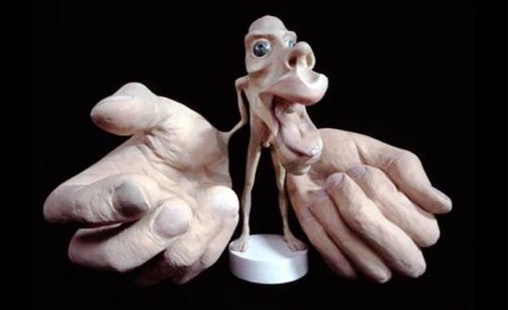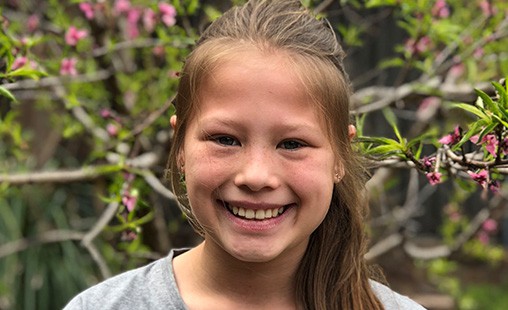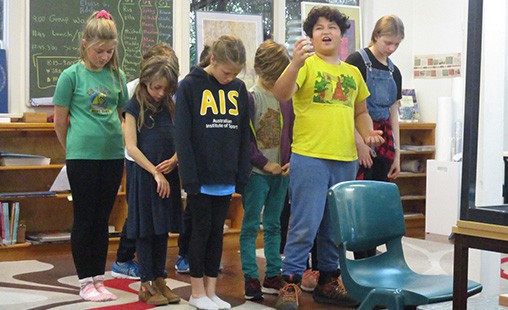
Playing to your child’s innate strengths regardless of their age or abilities without competitive pressure. We cultivate thinking outside the box.
During their time in the 9-12 Program, your child will be provided with many opportunities to venture into the community. This approach to education develops a feeling of connectedness to all humanity and encourages your child’s natural desire to make positive contributions to the world in which they live.
For a detailed overview of the areas of study that your child will meet through their time in the program select a topic.
Language
- History of language
- Spoken language – listening and speaking
- Reading – word level and text level (basic skills)
- Word study
- Grammar study for reading fluency – functions of words and grammar boxes
- Grammar study – detailed study of the verb
- Grammar study for reading and writing fluency – sentence analysis (simple, compound, complex sentences)
- Grammar study for writing – study of style
- Reading and viewing literary texts
- Reading and viewing factual texts
- Writing:
- composing literary and factual texts
- handwriting and keyboarding
- spelling
- punctuation
Maths
- History of mathematics
- Numeration systems other than the decimal system
- Memorisation
- Review and extension
- Multiples of numbers
- LCM (Lowest common multiple), GCF (Greatest Common Factor) and HCF (Highest Common Factor)
- Divisibility
- Operations (whole numbers)
- All operations
- Multiplication
- Division
- Fractions and decimals
- Fractions review
- Types of fractions
- Operations with fractions – unlike denominators
- Decimals introduction
- Decimals operations
- Percentage
- Powers of numbers
- Introduction
- Notations and operations
- Squaring and cubing
- Squaring
- Products of binomial and trinomial squares
- Square roots
- Cubing
- Cube root
- Algebra
- Simple linear equations
- Equations with squares of binomials and trinomials
- Relative numbers
- Positive and negative numbers
- Rational and irrational numbers
- Repeating and non-repeating decimal numbers
- Data
- Collecting, representing and interpreting data
Geometry & Measurement
- History of geometry
- History of measurement
- Solid geometry
- Plane geometry
- Constructive triangles
- Detailed study – fundamental concepts
- Detailed study – angles
- Detailed study – circle
- Symmetry
- Similarity, congruence and equivalence
- Insets of equivalence – detailed study
- Measurement
- Area of a surface: introduction
- Volume: solids
- Length, mass and temperature
History, Geography & Science
- Time
- Extension
- The great fable of evolution
- The significance of the coming of humans
- Society and civilization (2nd level)
- Migration
- The study of Australia
- Australia’s position on the earth
- Australian physical geography
- Australian political geography
- Australian economic geography
- The study of the world
- Study of countries other than Autralia
- Study of the United Nations
- Study of Australian history and society
- Australian history
- Australian citizenship
- The Earth
- Map reading and making
- Universe, solar system and the earth: 2nd level
- Solar energy and the Earth: 2nd level
- Movement of the earth: 2nd level
- The work of air: atmosphere and wind
- The work of water
Biology
- The plant kingdom: botany
- The chemistry of the plant
- The animal kingdom: zoology
- Chinese boxes and Tree of Life
- Human physiology
Art Curriculum
- Introduction to art
- Elements and principals of design
- The seven elements of design
- The seven principles of design
- Study of colour
- Skills and techniques, tools and media
- Sculpture and Ceramics
- Appreciation of visual arts
- Art history
- Artists – life and work
- Folk art
- Art projects: drama work and community building
Music
- Singing
- Movement
- Music theory with Montessori tone bars
- Composition: percussion
- Music appreciation
- Music history and literature
- Understanding the Orchestra
Drama
- Role play
- Drama games
- History of drama
- Musical drama
- Dramatic performance
- Concert production
- Related activities
Dance
- History of dance
- Principles of movement and choreography
- Dancing to music
- Composing
- Dance styles
- Appreciation
- School concert
Languages other than English
- Language Use: listening and responding, reading and responding, speaking, writing
- Making Linguistic Connections
- Moving between cultures
Personal Development, Health and Physical Education (PDHPE)
- Personal development (incorporating lessons in grace and courtesy)
- Health awareness
- Physical Education:
- Basic physical fitness
- Sport – ball skills, game skills
- Staying safe
- Physical education: a selection of activities

